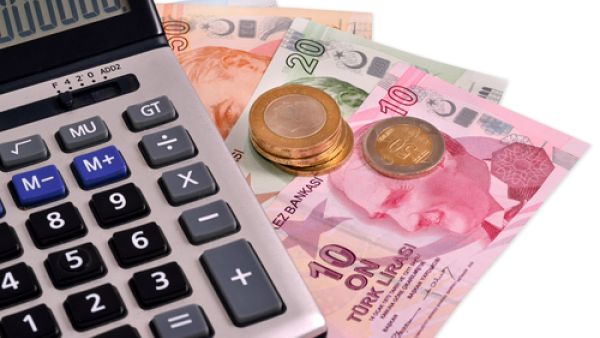The Turkish lira plunged to a record and South Africa’s rand fell on Friday to a level weaker than 11 per dollar for the first time since 2008. Argentine policy makers devalued the peso by reducing support in the foreign-exchange market, allowing the currency to drop the most in 12 years to an unprecedented low.
Investors are losing confidence in some of the biggest developing nations, extending the currency-market rout triggered last year when the Fed first signalled it would scale back stimulus. While Brazil, Russia, India, China and South Africa were the engines of global growth following the financial crisis in 2008, emerging markets now pose a threat to world financial stability.
“The current environment is potentially very toxic for emerging markets,” Eamon Aghdasi, a strategist at Societe Generale SA in New York, said. “You have two very troubling things: uncertainty about the Fed policy, combined with concerns about growth, particularly in China. It’s difficult to justify that it’s time to go out and buy emerging markets at the moment.”
Developing-nation currencies sold off after a report from HSBC Holdings and Markit Economics indicated yesterday that China’s manufacturing may contract for the first time in six months, adding to concern that growth is losing momentum.
The declines were part of a broader slide in global markets on Friday, with stocks in Asia, Europe and the US tumbling. Yields on 10-year German bunds slipped to an 11-week low, while the yen, considered by investors as a haven, rose versus all 16 major counterparts tracked by Bloomberg.
Currencies of commodity-exporting countries that depend on Chinese demand sank, with the rand plunging 0.9 per cent, following Friday’s 1.1 per cent decline. Brazil’s real fell 0.1 per cent while Chile’s peso sank 0.3 per cent after decreasing 1.2 per cent.
Argentina’s peso fell 12 per cent yesterday, marking its biggest decline since a devaluation in 2002. It sank an additional 1.5 per cent to 8.0014 per dollar. The central bank pared dollar sales aimed at propping up the peso to preserve international reserves that have fallen to a seven-year low. On Friday the central bank said it would lift two-year-old currency controls and allow the purchase of dollars for savings starting next week. The peso traded at around 13 per dollar in the black market.
In Venezuela, the government devalued its currency for airline tickets and incoming foreign direct investment on Jan. 22. International reserves are at a 10-year low. The Turkish central bank’s first unscheduled intervention in more than two years wasn’t enough to stop the lira from setting a record low on Friday. Investors are speculating the central bank’s efforts to prop up the lira by burning through foreign-exchange reserves will prove futile without raising interest rates.
The lira plunged to a record 2.336 per dollar and also declined to an all-time intraday low of 3.2069 per euro. Turkey’s central bank refrained from raising benchmark rates this week, fueling concern that it will be difficult to finance current-account deficits. Turkey holds about $33 billion in foreign reserves, excluding deposits from commercial banks, only enough to cover 1 ½ months of imports, according to Citigroup.
“It’s a bad storm,” Neil Azous, the founder of Rareview Macro, a Stamford, Connecticut-based advisory and research firm, said. “Their net foreign- exchange reserves are dwindling pretty fast. They’re definitely in the danger zone. If you’re a money manager, the responsible action is to take some measures to reduce risk.”








